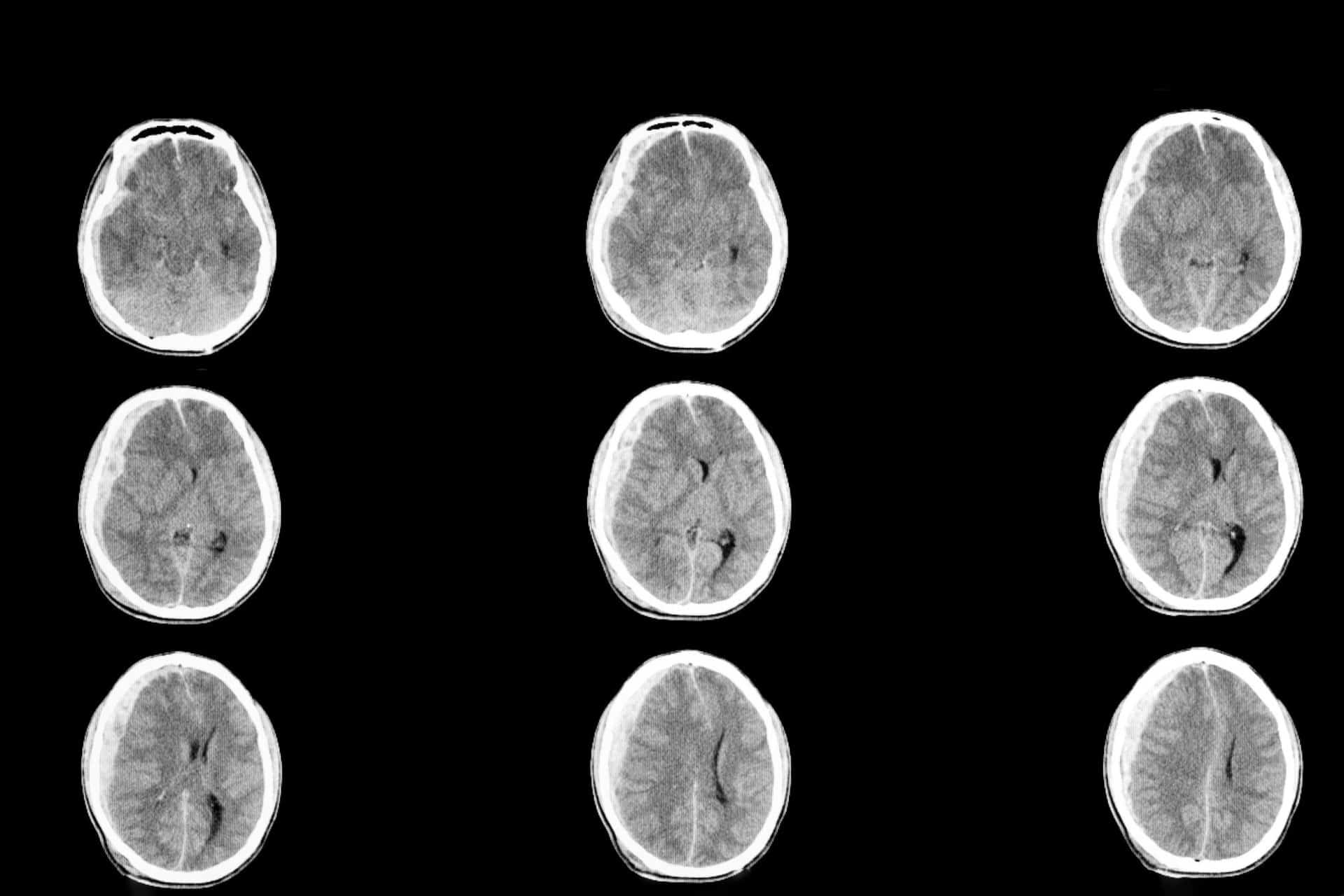
Every year, 1.4 million Americans sustain a traumatic brain injury (TBI). This severe injury can be permanently disabling — or even fatal. Sadly, the injury is also preventable.
Many people do not notice the symptoms of a TBI, or brush them off as being flustered or “shell-shocked” from the causative accident.
In today’s post, we cover how to recognize the symptoms in yourself or loved ones, and the basics of filing a claim, so that you can seek appropriate treatment and action at the first sign.
Traumatic brain injuries are often costly to treat, and may result in temporary or permanent loss of income. Seeking damages can alleviate the financial strain an injury places on your family.
If you believe that you or a loved one sustained a traumatic brain injury, consider seeking the advice of an experienced New York TBI attorney so that you can hold the responsible parties accountable.
Signs and Symptoms of a Traumatic Brain Injury New Yorkers Should Know
A traumatic brain injury occurs due to a violent blow or jolt to the head or body, or due to an object that penetrates the brain tissue — sometimes with no sign of any external damage to the skull or neck.
A mild traumatic brain injury may cause temporary effects on your brain, while more serious cases can cause bruising, torn tissue, bleeding, scar tissue, and other damage to the brain. A serious TBI can result in long-term complications, and may even be fatal.
Symptoms vary widely between individuals, and may appear either immediately after the injury or days or weeks later, sometimes making the condition difficult to detect.
Mild Traumatic Brain Injury
A mild traumatic brain injury can be caused by many common occurrences. For example, a car accident or slip and fall. This injury can produce the physical, sensory, and cognitive symptoms outlined below.
Physical Symptoms
- Loss of consciousness
- Victim is dazed, confused, or disoriented
- Moderate to severe headache
- Sleepiness or fatigue
- Problems with speech, including slurred speech or inability to find words
- Nausea and/or vomiting
- Insomnia
- Increased sleep
- Dizziness
Sensory Symptoms
- Blurred vision
- Bad taste in the mouth
- Inability to smell
- Ringing in the ears
- Increased sensitivity to sound or light
Cognitive or Mental Symptoms
- Problems with memory or concentration
- Mood swings
- Depression and anxiety
Moderate to Severe Traumatic Brain Injury
A moderate to severe traumatic brain injury can cause any of the above symptoms plus the following — often in the first hours or days after impact:
Physical Symptoms
- Severe nausea or vomiting
- Severe or persistent headache, or a headache that worsens with time
- Seizure
- Dilation of one or both pupils
- Numbness or weakness of the fingers or toes
- Lack of coordination
- Drainage of clear fluid from the nose or ears
- Inability to awake from sleep
Cognitive and Mental Symptoms
- Severe confusion
- Agitation or other behavior abnormalities
- Coma or other changes in consciousness
If you notice these symptoms in yourself or a loved one, you should seek immediate medical attention, regardless of whether you think there’s been an accident. These symptoms are suggestive of a medical emergency, whether due to a traumatic brain injury or some other cause.
Symptoms in Children and Infants

Babies and young children may be unable to communicate the symptoms of a traumatic brain injury. Therefore, it’s important to monitor your child’s behavior after any kind of accident involving impact to the head or sudden jolt to the body.
Seek professional help if you notice any of the following symptoms:
- Changes in eating or nursing habits
- Abnormal irritability
- Crying that can’t be consoled
- Changes in attention or concentration
- Changes in sleep habits or drowsiness while awake
- A sad or unhappy mood
- Loss of interest in your child’s favorite foods, activities, or toys
How New Yorkers Can Seek Damages for TBIs
If you think that you or a loved one has suffered a TBI, the most important priority should be seeking immediate medical attention. Early treatment can prevent permanent brain damage or even death.
Further, if you believe that the accident could have been prevented but for the negligence of another, look into seeking damages to help pay medical costs and address concerns such as lost wages.
Filing a traumatic brain injury lawsuit requires expert advice from a personal injury attorney, and potentially expert witnesses to analyze what happened.

The bottom line is that knowing the symptoms of a traumatic brain injury just may save the life of you or your loved one. If the brain injury was caused by an accident that could have been prevented, hold the responsible parties accountable by seeking damages through a traumatic brain injury lawsuit.









